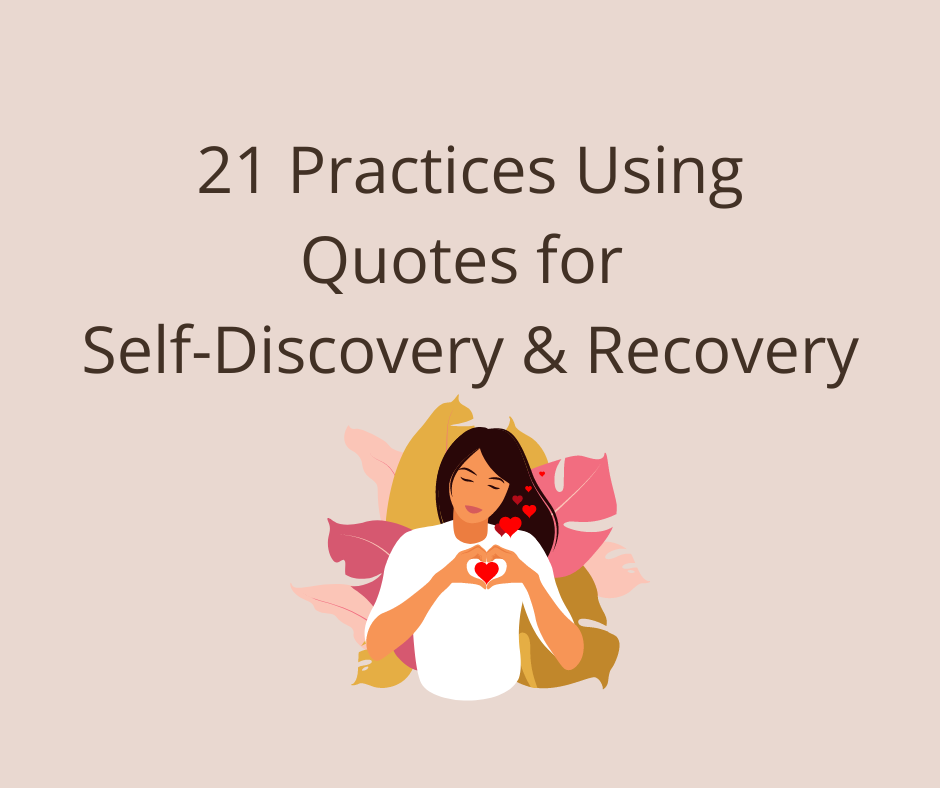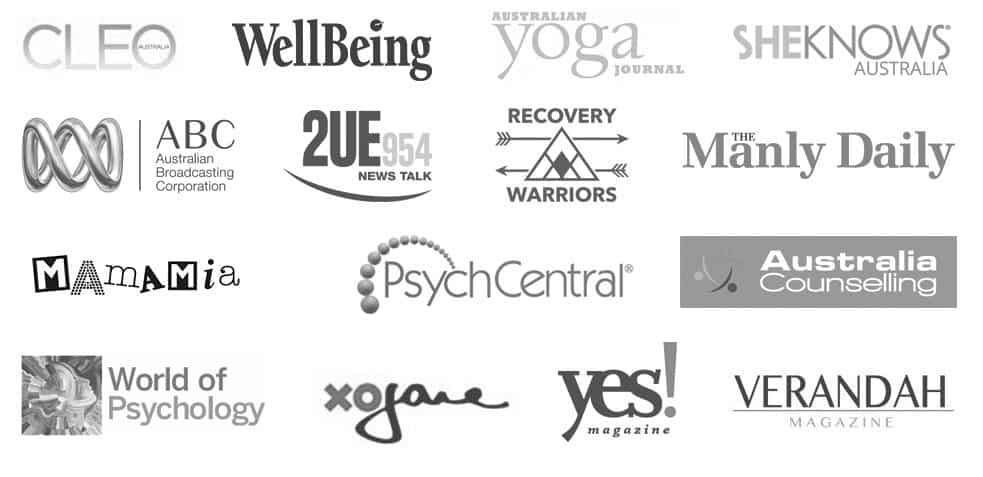
Have you ever found yourself drawn to a quote or phrase that connected you with the very essence of who you are? Perhaps it provided comfort during challenging times or ignited a spark for self-discovery and recovery.
Quotes are more than just words; they have the ability to resonate with the depth of our experiences, carry timeless wisdom, provide insight, guidance, encouragement, motivation, solace, and can be powerful companions through life’s ups and downs.
In Psychosynthesis, the psychology of the soul, we start from the premise that our true self is made up of awareness and will. When we are trapped in our trauma history or maintaining cycles of self-destructive relationships or behaviours, the aim is to become self-identified (self-led in IFS) rather than identified with and led by one of our parts (regardless of how protective they may have been). To achieve this, we not only need to raise awareness but we also need to act on that awareness by engaging our will. It’s great to read an inspirational quote and perhaps even have an ‘aha’ moment (raising awareness), but we must also consider using the quote to help us facilitate the change we need to support us on our self-discovery and recovery journey.
To facilitate change, we therefore need some practical ways to integrate quotes into our daily life. These 21 practices serve as a roadmap for harnessing the potential of quotes to inspire, motivate, and guide us on our journey. From incorporating them into our morning routine to using them as prompts for reflection, these practices offer a diverse range of approaches. Whether we’re seeking solace, encouragement, or a spark for personal growth, these practices aim to make quotes not just words on a page but active companions in our pursuit of self-discovery and recovery.
21 Practices Using Quotes for Self-Discovery & Recovery
Morning Rituals: Start your day by reading and reflecting on a quote to set an intention for the day.
Affirmations: Turn meaningful quotes into daily affirmations to support an aspect of or the stage of recovery you are in.
Mindful Meditation: Incorporate quotes into meditation sessions to enhance focus and promote mindfulness.
Journal Prompts: Use quotes as prompts for reflective journaling, exploring personal thoughts and insights.
Vision Boards: Create a vision board using quotes that represent your vision and aspirations.
Goal Setting: Align quotes with specific goals, using them as motivational reminders of your objectives.
Visualisation: Visualise while reflecting on quotes that inspire confidence and self-belief.
Gratitude Practices: Pair quotes with a gratitude journal, focusing on that which you are grateful for in your life.
Life Transitions: Incorporate quotes during significant life transitions to ground yourself and find focus amid change.
Inspirational Screensavers: Set inspirational quotes as screensavers on your devices for regular evocation.
Social Media Inspiration: Share empowering quotes on social media to inspire others and create an inspiring online presence.
Bookmarks or Sticky Notes: Place quotes on bookmarks or sticky notes around your space for constant reminders.
Meaningful Discussions: Share quotes with friends, Facebook support groups or work teams to initiate meaningful discussions about personal growth.
Bedtime Reflection: Reflect on a calming or comforting quote before bedtime to promote nervous system regulation and relaxation.
Mantras for Challenging Times: Turn quotes into personal mantras to repeat during challenging situations for strength and resilience.
Quote Jar: Write quotes on pieces of paper and place them in a jar. Pick one daily for a random affirmation or reflection.
Relationship Encouragement: Reflect internally or share quotes during relationship or family gatherings to encourage mutual support and growth.
Themed Reflections: Choose a theme (e.g., resilience, self-love) and explore quotes that align with that theme for deeper reflection.
Nature Therapy: Connect with nature and find a quiet spot outdoors. Reflect on a nature quote that resonates with the surroundings. You can also bring the ‘outdoors in’ by using nature quotes.
Creative Expression: Use quotes as prompts for creative expression, such as painting, drawing, or writing poetry. Translate the essence of the quote into a form of personal art.
Therapeutic Letter Writing: Write a letter to your past or future self, incorporating quotes that capture the essence of your journey. This can be a therapeutic way to reflect on personal and post-traumatic growth.
Remember, the key is not just to read the quotes but to actively engage with them, allowing them to guide your thoughts and actions on your journey of self-discovery and recovery.
